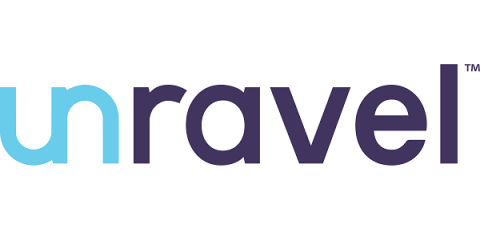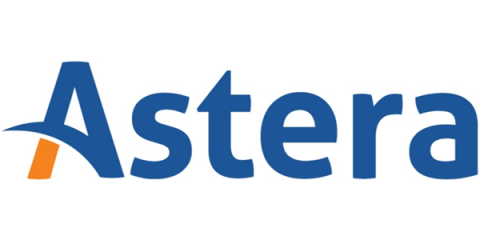Enhanced Cybersecurity with Real-Time Log Aggregation and Analysis
In today’s hyper-connected world, systems are more intertwined and complex than ever. Myriad data sources including applications, databases, network and IoT devices continuously generate vast amounts of data, capturing every event and interaction. Imagine harnessing this data–login logs, firewall logs, IPS logs, web logins–aggregating it, and analyzing it to create a holistic view of your entire infrastructure.











